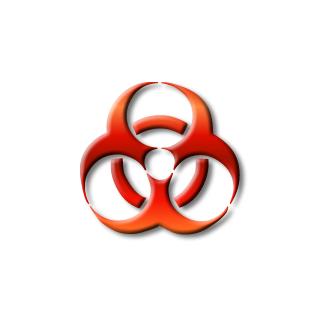January is National Radon Action Month, meaning now is a good time to become informed about radon and radon exposure in your home.
Radon is a naturally occurring radioactive gas found in the soil that is a result of uranium decay.
Brian Hanson, the K-State Engineering Extension Radon Program Coordinator, says radon can eventually make its way from the soil into a house, posing a health risk to the occupants of the home.
Radon is an inert gas, meaning it cannot be detected by human senses.
Luckily, Hanson says homeowners can test their homes for radon with a radon test kit.
The test kits available at Kansas-county extension offices cost less than $10 each.
According to Hanson, there are two types of radon test kits.
Once the kit has been used, it is sent to a laboratory that determines the result of the test.
Those with questions about the results of their test kit are encouraged to contact the Kansas Radon Program at 1-800-693-5343 or 785-532-6026.
Hanson explains how often homeowners should test for radon:
It is also recommended that those who are about to purchase a house should make sure a professional radon test is done as part of the home inspection.
If a home tests high for radon, Hanson says one option is to install an Active Soil Depressurization system.
For more information about radon and radon exposure, visit kansasradonprogram.com.


